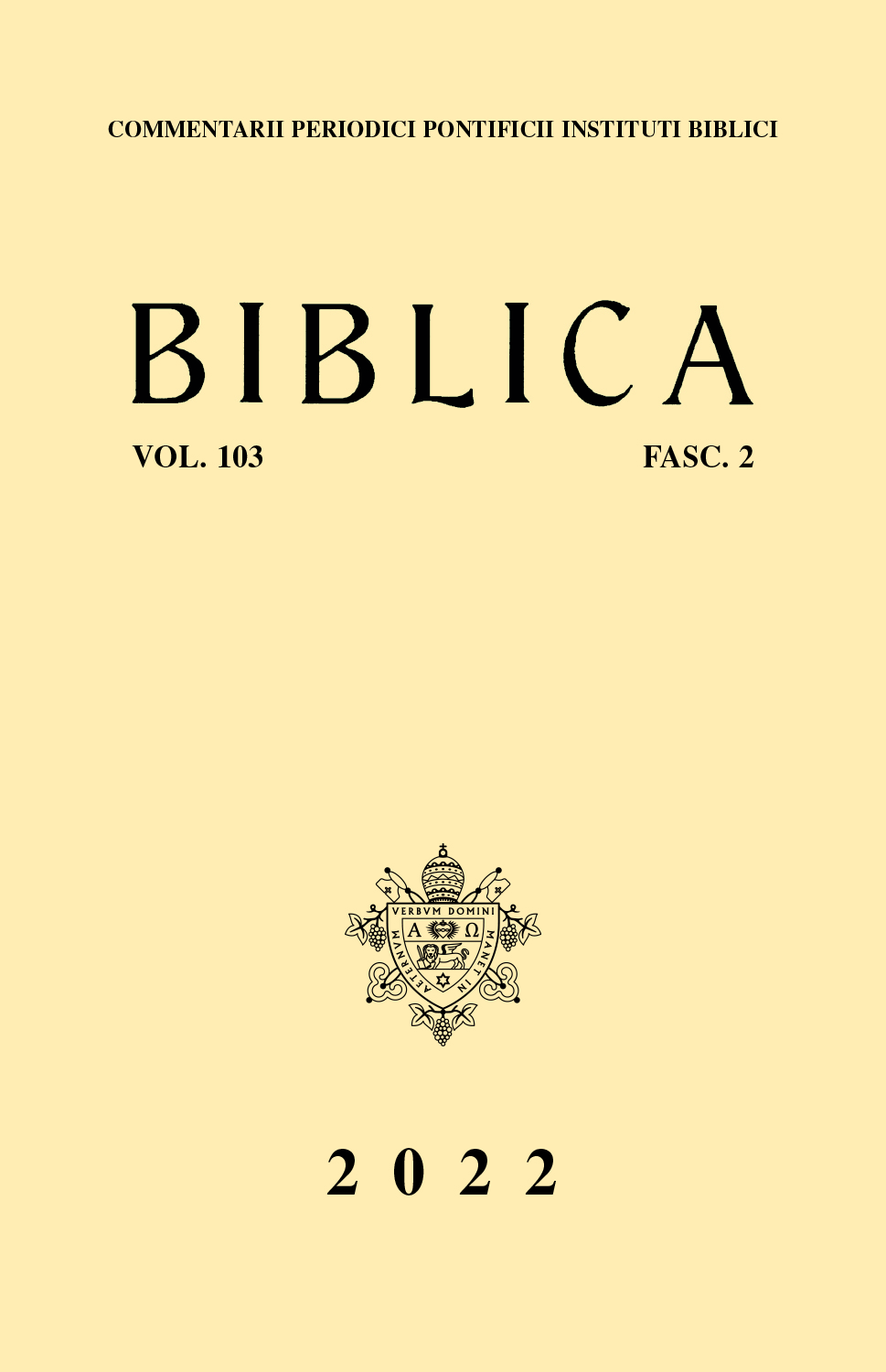 previous article in this issue previous article in this issue | next article in this issue  |

Preview first page |
Document Details : Title: Eine neue Jenseitshoffnung in Thessaloniki und ihre Probleme (1 Thess 4,13-18) Author(s): SCHREIBER, Stefan Journal: Biblica Volume: 88 Issue: 3 Date: 2007 Pages: 326-350 DOI: 10.2143/BIB.88.3.3189004 Abstract : Paul’s portrayal of the parousia of Christ in 1 Thess 4,13-18 is induced by a concrete problem of the recently founded community in Thessalonica. So to understand the text means to reconstruct the situation out of which it has been written. A closer look at the argument of 4,13-18 reveals the fact that the event of the parousia is the centre of the problem. After a brief sketch of the recent scholarly discussion, the article gives an overview of ancient conceptions of the hereafter (or their lack, respectively) as the cultural background of the potential reception of the idea of the parousia in Thessalonica. Then the identity building force of this idea as part of the missionary preaching becomes discernible: a Christian identity constituted by a separate hope of life after death and a critical distance to the socio-political reality. In this light the deaths of some community members can be understood as an attack on the identity of the community, which Paul’s eschatological rearrangement tries to strengthen again. |
|


